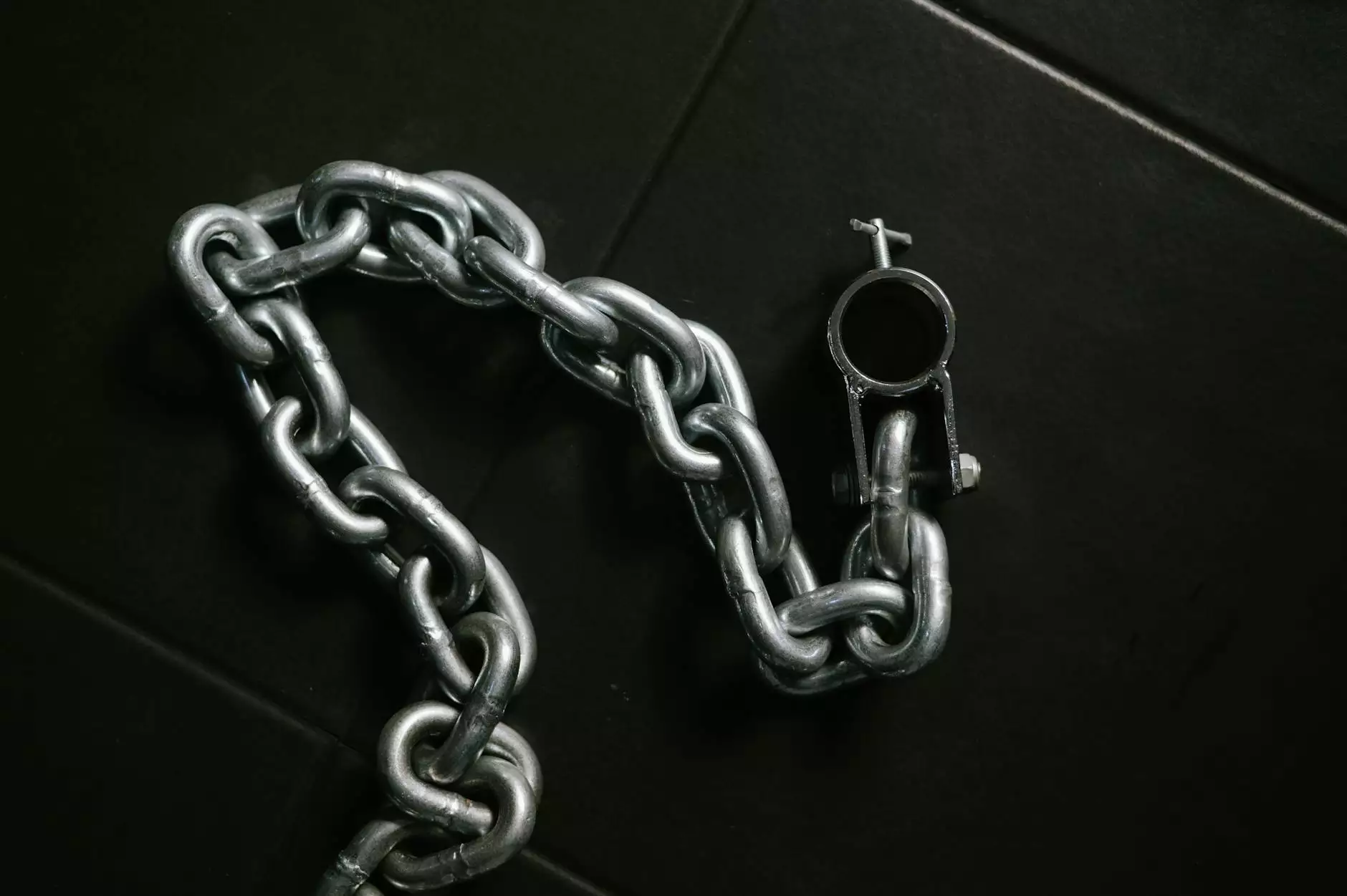Revolutionizing the Cold Chain: The Essential Role of Refrigeration Equipment

In today's fast-paced world, the demand for perishable goods has skyrocketed. From fresh produce to pharmaceutical products, the need for effective temperature control throughout the supply chain is paramount. As such, refrigeration equipment has become the backbone of the cold chain logistics, ensuring that products remain safe, fresh, and viable from source to consumer. In this article, we will delve deep into the significance of refrigeration equipment in the cold chain, the innovations shaping the industry, and the critical factors to consider when selecting the right solutions for your business.
The Cold Chain Defined
The cold chain refers to a temperature-controlled supply chain that maintains the required low temperatures for perishable products. This system ensures that food and pharmaceuticals are stored, transported, and handled in a manner that safeguards quality and efficacy. The cold chain is crucial for:
- Food Safety: Preventing spoilage and the growth of harmful pathogens.
- Product Quality: Retaining flavor, texture, and nutritional value.
- Regulatory Compliance: Meeting industry standards and regulations.
- Reducing Waste: Minimizing losses due to spoilage and inefficiencies.
The Importance of Refrigeration Equipment in the Cold Chain
As the heart of the cold chain, the selection and maintenance of refrigeration equipment are vital. The quality of refrigeration solutions directly impacts:
- Efficiency: Modern refrigeration systems are designed to operate efficiently, consuming less energy while providing maximum cooling capacity.
- Reliability: High-quality equipment is less prone to breakdown, ensuring uninterrupted service.
- Technology Integration: Advanced systems offer integration with IoT devices for monitoring and data logging, enhancing operational oversight.
- Sustainability: Energy-efficient solutions contribute to a smaller carbon footprint, aligning with global sustainability goals.
Types of Refrigeration Equipment
Understanding the various types of refrigeration equipment is essential for making informed decisions. Here are some of the most common options utilized in the cold chain:
1. Walk-in Refrigerators and Freezers
Ideal for storing large volumes of goods, walk-in units offer significant space and customizable configurations, making them suitable for restaurants, grocery stores, and warehouses.
2. Portable Refrigerators
These mobile units provide flexibility in transporting temperature-sensitive items, essential for catering and mobile food services.
3. Blast Freezers
Designed for rapid freezing of products, blast freezers are crucial for preserving the quality of food by minimizing ice crystal formation.
4. Refrigerated Transport Vehicles
These vehicles are equipped with built-in refrigeration systems to maintain optimal temperatures during the distribution of perishable items.
5. Display Refrigerators
Common in retail environments, display refrigerators not only keep products at the right temperature but also keep them visible and attractive to customers.
Key Features to Consider When Selecting Refrigeration Equipment
Selecting the right refrigeration equipment involves several considerations that can impact your business operations significantly. Here are key features to keep in mind:
- Temperature Range: Ensure the equipment can maintain the necessary temperatures for your specific products.
- Energy Efficiency: Look for units that offer high energy ratings, reducing operational costs in the long run.
- Size and Capacity: Evaluate the available space and the volume of products you need to store.
- Durability: Invest in robust equipment that can withstand operational demands.
- Ease of Maintenance: Consider models that allow for easy access to components for cleaning and servicing.
Innovations Shaping the Future of Refrigeration Equipment
The refrigeration industry is continually evolving with technological advancements. Here are some innovations making waves:
1. Smart Refrigeration Systems
Utilizing IoT technology, these systems offer real-time monitoring and alerts for temperature fluctuations, ensuring compliance and preventing loss.
2. Energy-Efficient Refrigerants
New eco-friendly refrigerants are being developed to reduce environmental impact while enhancing efficiency.
3. Advanced Insulation Materials
Innovative materials improve insulation, decreasing energy consumption and enhancing temperature retention.
4. Modular Refrigeration Designs
These designs provide flexibility, allowing businesses to scale operations easily by adding or removing components as needed.
The Role of Maintenance in Refrigeration Equipment Longevity
To maximize the lifespan and efficiency of your refrigeration equipment, regular maintenance is indispensable. Here are essential maintenance practices:
- Regular Inspections: Schedule routine checks to identify potential issues before they escalate.
- Cleaning Coils: Dirty coils can hinder efficiency; ensure that coils are cleaned and unobstructed.
- Checking Seals: Inspect door seals and gaskets to prevent cold air leaks.
- Temperature Calibration: Regularly calibrate temperature settings to ensure accuracy.
- Professional Servicing: Engage professionals for deep cleaning and repairs to maintain performance.
Maximizing Return on Investment with Quality Refrigeration Equipment
Investing in premium refrigeration equipment is an investment in the future of your business. Here’s how to maximize your ROI:
- Choose Energy-Efficient Models: These reduce utility costs significantly.
- Invest in Training: Ensure staff are trained to operate equipment correctly, minimizing errors.
- Monitor Performance: Utilize tracking systems to analyze performance trends and adjust as needed.
- Plan for Scalability: As your business grows, ensure your equipment can accommodate increased demand.
Conclusion: The Future of Refrigeration Equipment in the Cold Chain
The role of refrigeration equipment in the success of the cold chain industry cannot be overstated. It plays a pivotal role in maintaining product quality, ensuring safety, and optimizing operational efficiencies. Businesses that prioritize cutting-edge refrigeration solutions will not only enhance their competitive advantage but are also positioning themselves for success in a rapidly evolving marketplace. By choosing the right equipment, investing in innovation, and adhering to best practices in maintenance, companies can ensure that they thrive in today’s challenging environment. For more information and to explore exceptional refrigeration equipment solutions, visit https://www.first-coldchain.com/.








